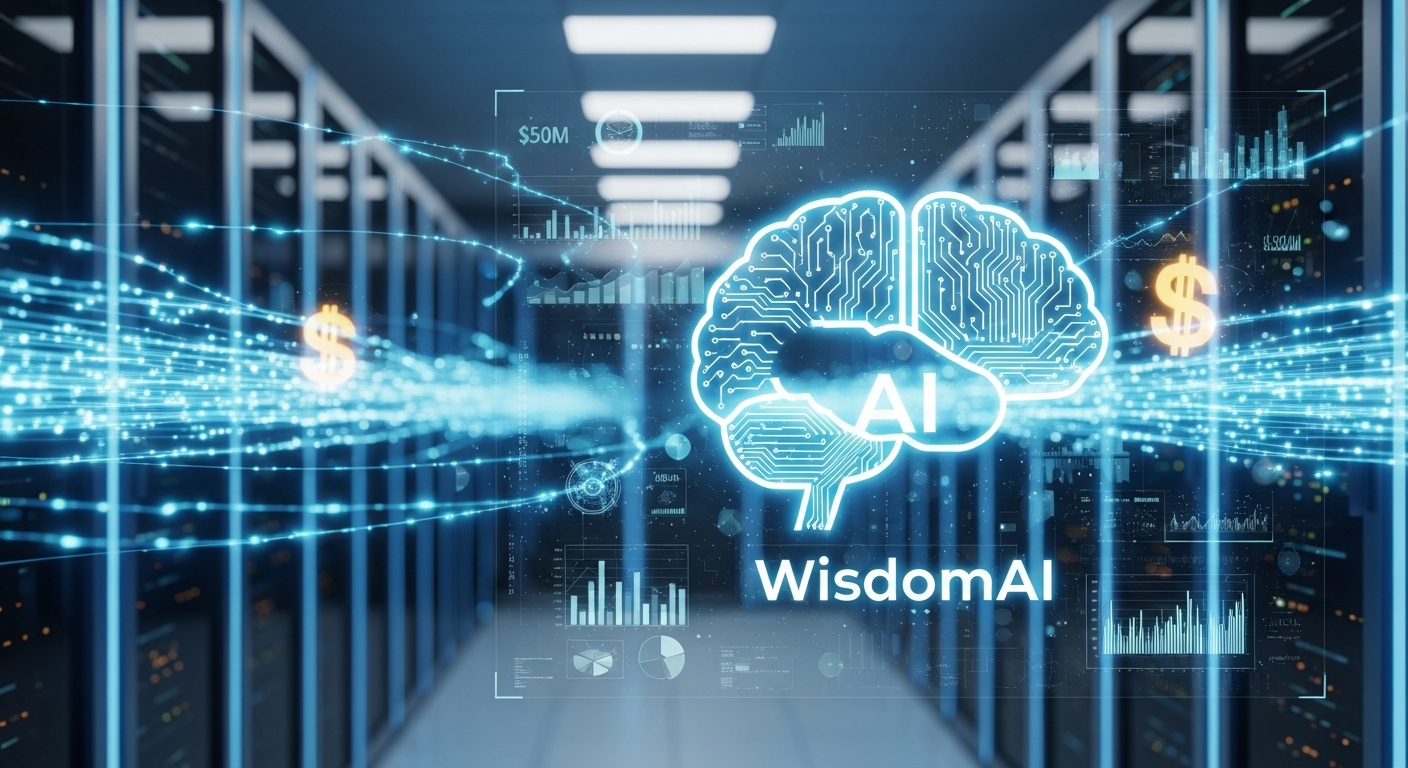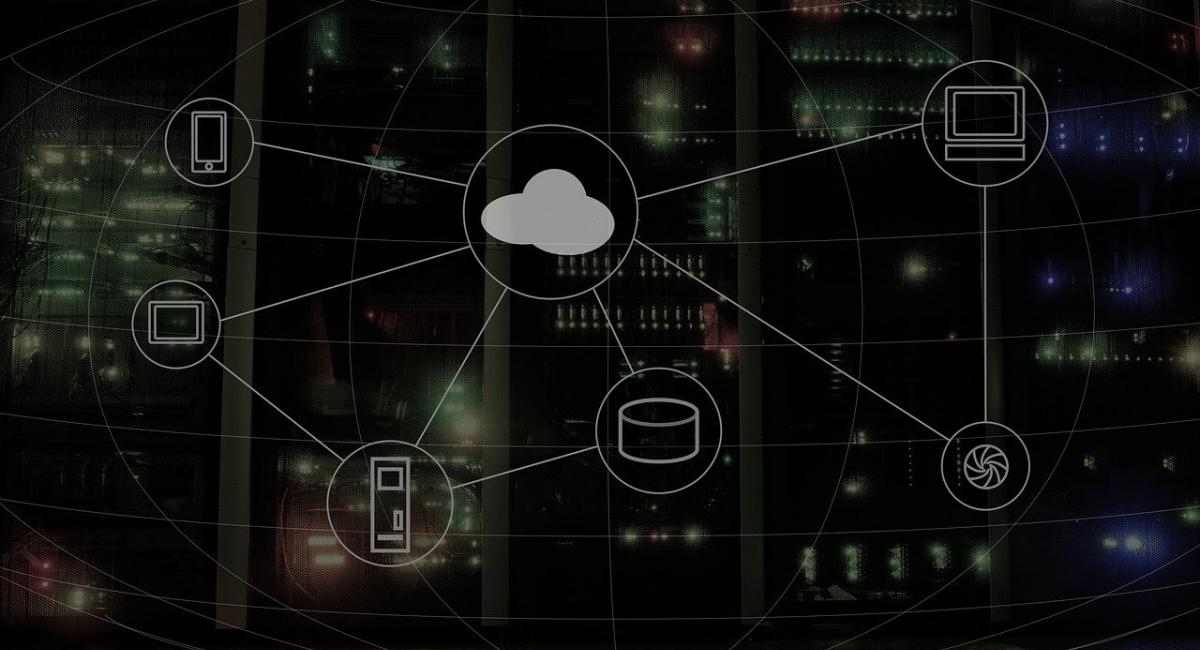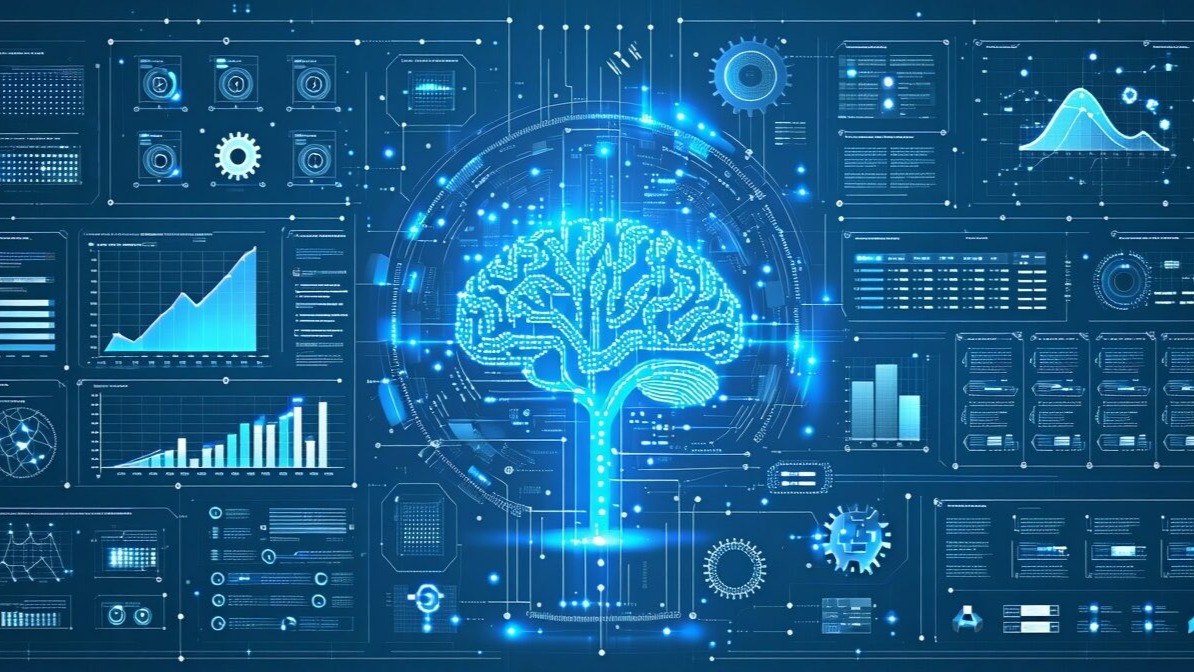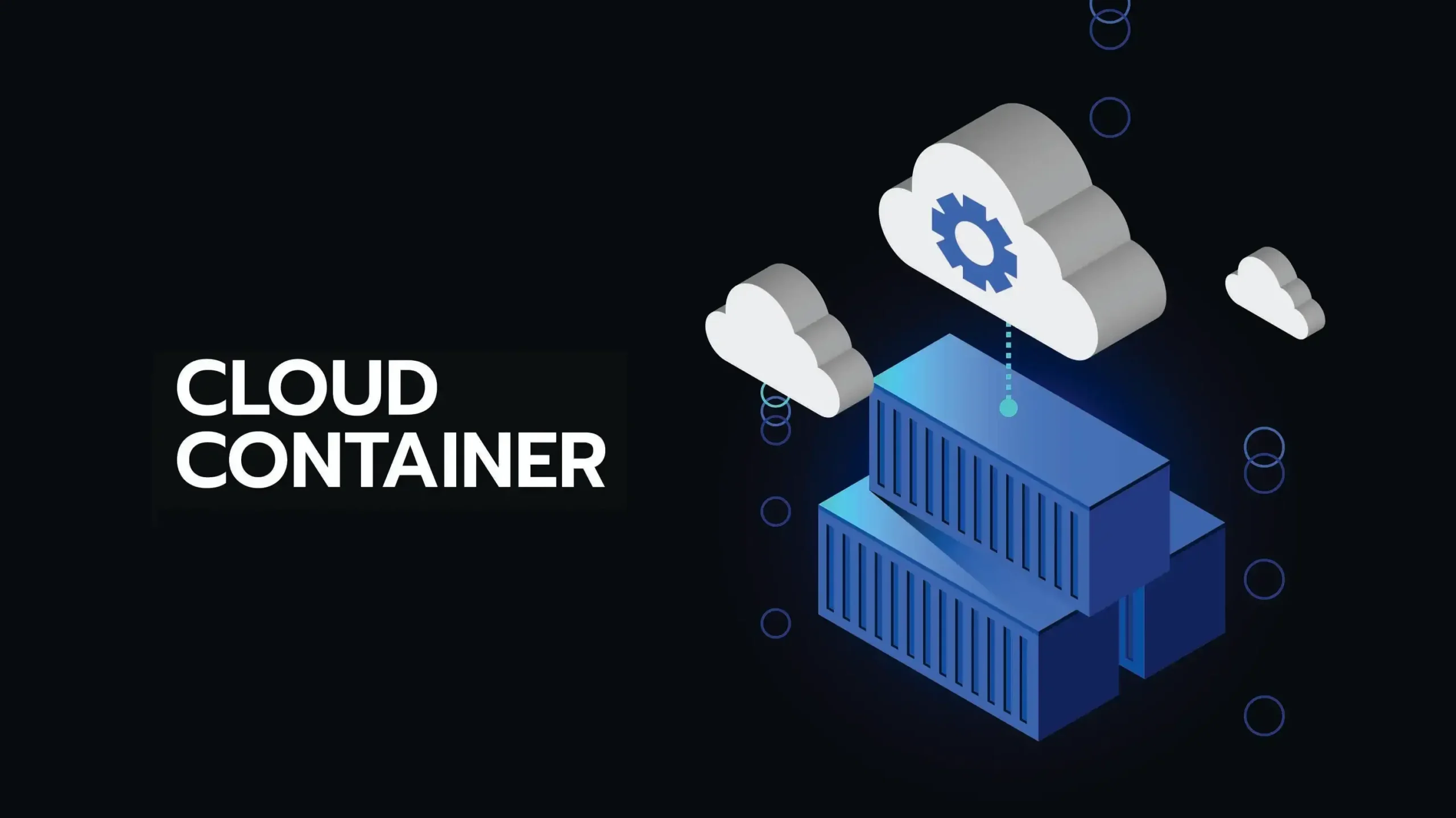The tech world, it seems, is still buzzing. WisdomAI, the AI data startup, just closed a fresh funding round. And it’s a big one: $50 million, led by the well-known Kleiner Perkins and, notably, Nvidia. The announcement came on November 12, 2025, as per TechCrunch.
It’s hard to ignore the momentum in AI right now. Companies are scrambling, and investors are betting big. WisdomAI is offering something specific: AI-driven data analytics. They’re promising to answer business questions by sifting through all kinds of data. Think structured data, the kind neatly organized in spreadsheets. But also unstructured data, the messier stuff – emails, social media, whatever.
The really interesting part? They’re tackling what they call “dirty” data. That means the data isn’t pristine. It’s got typos, errors, the kind of imperfections that often trip up traditional analytics. A source at the company mentioned, “We built this to handle the real world, not some idealized version of it.”
This funding round, of course, is a statement. It’s a bet on WisdomAI’s approach, but also on the broader potential of AI in data analysis. The market is huge, and the need is clear. Businesses are drowning in data, and they need ways to make sense of it all.
Meanwhile, the details of where this funding will go are still emerging. But it’s a safe bet that expansion and further development of their AI capabilities are high on the list. The company is likely aiming to build out its team and reach more clients. And, in a way, it feels like we’re just getting started.
It’s a story we’ve seen before, this cycle of investment and innovation. But each time, it feels a little different. A little faster. The stakes, it seems, just keep getting higher.




